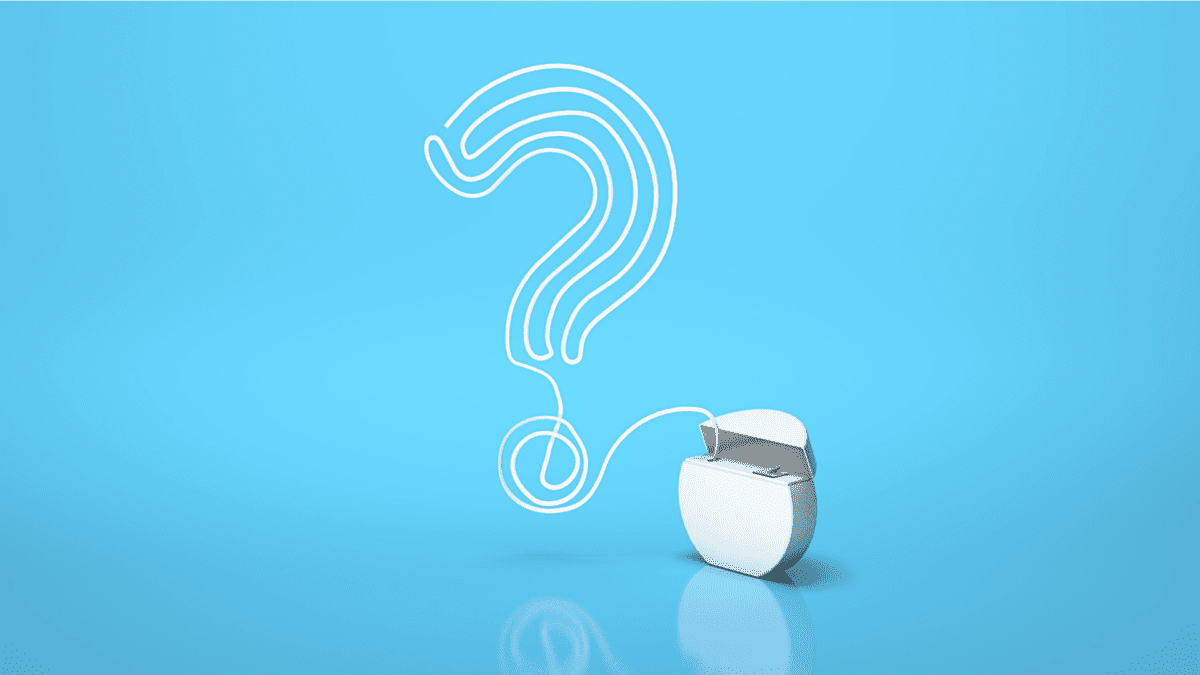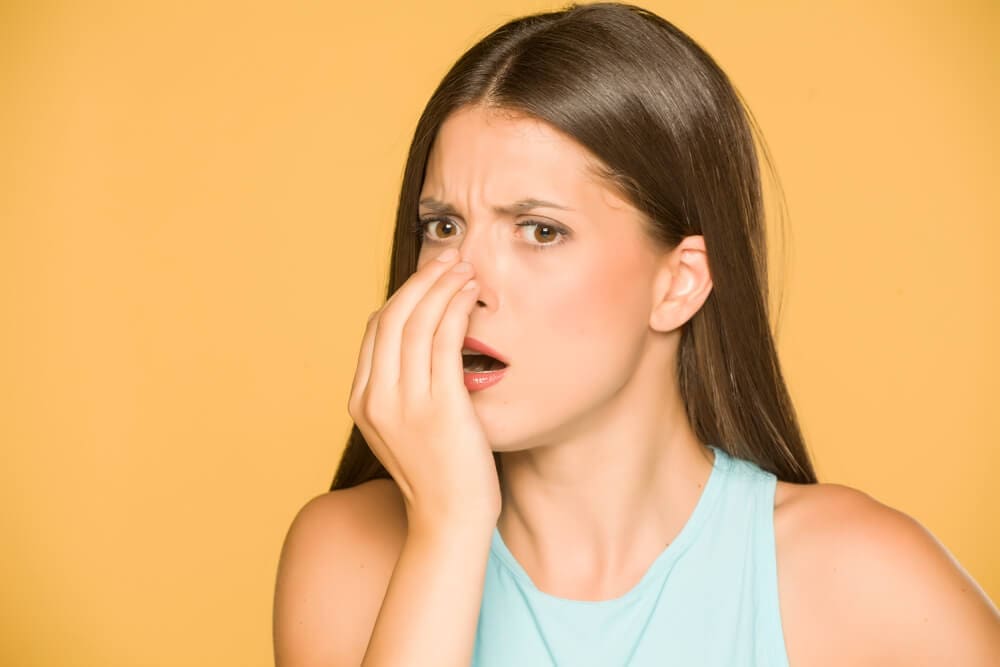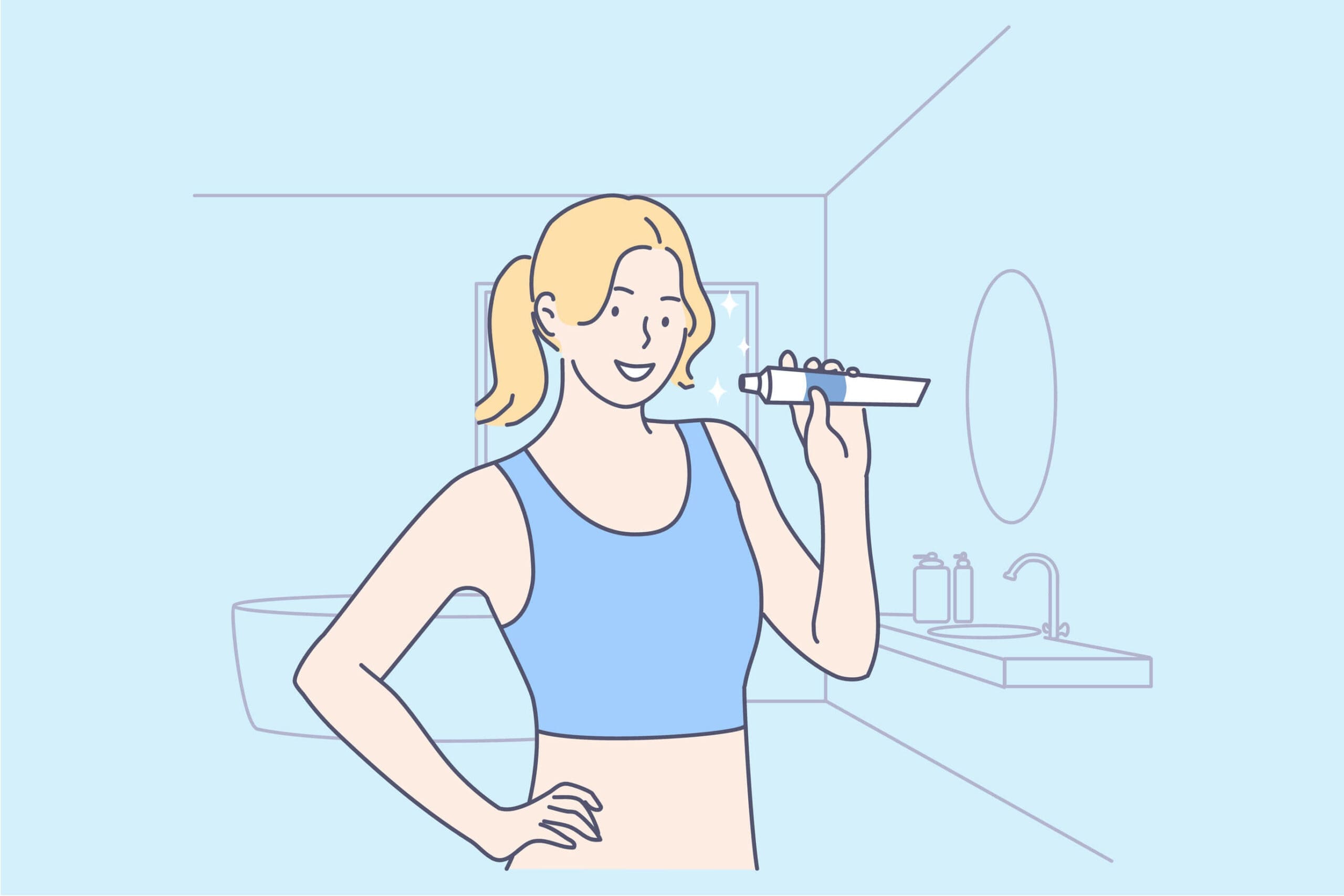Here at Dr. Lance Johnson Family Dentistry in Sherman, Texas, we get a lot of questions about teeth and oral health.
Our dental professionals are trained in the most up-to-date services and state-of-the-art technologies. So, they absolutely love to answer common dental questions from patients and share their passion and knowledge with the curious.

If you find yourself wondering when to replace a toothbrush or how to get rid of bad breath, then your curiosity has come to the right corner of the internet! Follow along for insights into the most frequently asked questions we get from patients during dental and orthodontic appointments.
How do I save a knocked-out tooth?
 Would you believe it’s estimated that more than 5 million teeth get knocked out each year? That’s a lot of teeth lost — and not in the happy Tooth Fairy way. A tooth knocked out is a definite dental emergency. But the good news is that quick action on your part can save a tooth and allow it to be replanted in the tooth socket. Here’s what you need to know for the best outcome:
Would you believe it’s estimated that more than 5 million teeth get knocked out each year? That’s a lot of teeth lost — and not in the happy Tooth Fairy way. A tooth knocked out is a definite dental emergency. But the good news is that quick action on your part can save a tooth and allow it to be replanted in the tooth socket. Here’s what you need to know for the best outcome:
- Locate the tooth and grab the tooth by the crown — otherwise known as the chewing surface — and not the root. Don’t touch the root, if at all possible.
- Rinse the tooth with water, gently.
- If at all possible, reposition the tooth back in the empty socket. Hold the tooth in place with clean fingers until you can get to your dentist. And keep the tooth as moist as possible, either in your mouth if you can keep it in the socket, or in a glass of milk (be sure to put it somewhere safe so it won’t get drunk). Don’t put the tooth in water — it’s hard on the cells of the root tissue.
- See your dentist or endodontist ASAP, ideally within 30 minutes of the injury. The quicker you can act, the better the chances that your tooth can be replanted successfully.
How can I get rid of bad breath?
 Bad breath is an incredibly common problem, affecting an estimated 1 in 4 people around the world. That’s a lot of bad breath! Luckily, most bad breath — otherwise known as halitosis — is caused by poor oral hygiene, which is something everyone can improve upon.
Bad breath is an incredibly common problem, affecting an estimated 1 in 4 people around the world. That’s a lot of bad breath! Luckily, most bad breath — otherwise known as halitosis — is caused by poor oral hygiene, which is something everyone can improve upon.
Bad breath is often created by food particles left behind in the mouth. When bacteria breaks down food, sulfur compounds (yep, the stuff in a rotten-egg odor!) are created, especially in a dry mouth. So the first-line treatment for bad breath is increased brushing, flossing, and hydration.
Professional cleaning by your dentist twice a year can also help, as that will clean out any bacteria buildup in the pockets around your gums and teeth. Adding toothpaste and mouthwash with antibacterial agents can also go a long way to improving your breath.
Quitting smoking will also do wonders for your breath. But sometimes, there are underlying causes, so if your halitosis won’t quit, it’s a smart move to talk with your primary care physician. Acid reflux, sinus infections, diabetes, and cancer can all contribute to bad breath, as can diets such as fasting and keto.
Is sugar-free gum better for my teeth?
Definitely. Chewing gum with sugar contributes to yucky bacteria in your mouth, potentially hurting your teeth and worsening your breath. But chewing sugar-free gum after a meal, for instance, helps wash away food particles and sugar residue. It’s easier on your oral health, especially gum sweetened with xylitol. Xylitol-sweetened gums have been proven to be more effective in preventing tooth decay. One study showed that xylitol-sweetened gum decreased the amount of “bad” bacteria in the mouth — by a whopping 75 percent!
Why do my gums hurt when I brush my teeth?

There are a few reasons why your gums might feel uncomfortable when you brush. They may be sore from braces, retainers, and mouthguards. Gums can also suffer from the effects of chemotherapy.
Of course, you could simply be brushing too hard, or maybe your toothbrush bristles are too stiff. Circular motions when brushing (no back and forth) and soft nylon bristles are the key to comfortable brushing.
If gentle brushing doesn’t help, you might have gingivitis (mild gum disease) or periodontitis (a more serious form of gum disease). If your gums bleed easily when brushing, definitely give your dental team a call. You might need a thorough dental cleaning that addresses bacteria build-up below the gum line. Any time you’re experiencing extended discomfort of your gums, let your dentist know.
Do I really need to brush my tongue?
Yes! If you don’t brush your tongue, you’re asking for trouble. The tongue needs cleaning, as it’s quite a bit of surface area in your mouth and bacteria love to congregate there. Leave that bacteria to flourish, and soon you’ll have quite a case of halitosis! So keep your whole mouth fresh and clean — not just your teeth.
How often should I replace my toothbrush?
Generally, we recommend that our patients replace their toothbrushes every three or four months. But if you find that your toothbrush looks raggedy and frayed sooner than that, you might need to change it out every two months or so.
Should I use mouthwash?
Do you have to? Not if you brush for at least two minutes twice daily and floss daily — but mouthwash offers some undeniable dental health benefits. If you opt for a fluoride mouthwash, you’ll be reducing the possibility of cavities. Mouthwash also helps with medical conditions such as tooth sensitivity, dry socket, and chronic dry mouth. Plus your mouth will feel extra fresh — what’s not to like?
What kind of toothpaste is best?
Dentists don’t get too caught up in brands, but we do recommend fluoride toothpaste for adults, as fluoride strengthens tooth enamel and also prevents decay. If you have sensitive teeth, you might opt for a formulation that’s particularly gentle. Here’s what we don’t recommend to our patients: toothpaste with abrasives, such as clay, which can damage tooth enamel. These toothpaste are often marketed as “natural,” so be careful. When in doubt, always check with your dentist.
Dental questions left unanswered? Book an appointment!
 At Dr. Lance Johnson Family Dentistry, we love to see you smile. Being happy at a dental appointment means having enough information, being in a relaxing environment, and interacting with professional, courteous dental professionals. If you reside in the Sherman, Texas area or surrounding towns such as Bonham, Denison, or even Durham, Oklahoma, driving the short distance to experience five-star dental care is well worth it! Look no further than our practice, where we look forward to welcoming you into our sparkling clean facility and getting down to business, answering any and all questions you may have about your oral health and dental hygiene. So give us a call at 903-893-2540 and let Dr. Lance and our team give you the smile you deserve!
At Dr. Lance Johnson Family Dentistry, we love to see you smile. Being happy at a dental appointment means having enough information, being in a relaxing environment, and interacting with professional, courteous dental professionals. If you reside in the Sherman, Texas area or surrounding towns such as Bonham, Denison, or even Durham, Oklahoma, driving the short distance to experience five-star dental care is well worth it! Look no further than our practice, where we look forward to welcoming you into our sparkling clean facility and getting down to business, answering any and all questions you may have about your oral health and dental hygiene. So give us a call at 903-893-2540 and let Dr. Lance and our team give you the smile you deserve!
